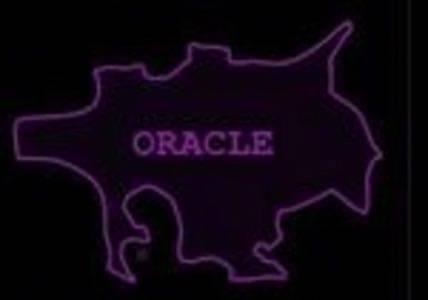A decision has finally been reached in the Bilski case, a pivotal patent law case that has been in the appeals process since 2008. According to TechDirt, the Supreme Court narrowly ruled that Bilski’s specific patent was invalid while supporting the Federal Circuit’s “machine-or-transformation” test.

The key question in the Bilski case was whether or not business methods are patent-eligible subject matter, and today’s decision said that business methods – as some software patents might be considered – are permissible, but that Bilski’s specific method was too vague.
When we first wrote about this case last month, it was in the context of a film about “how software patents broke the system” called Patent Absurdity. The film’s website identifies the Bilski case as “a case that could have profound implications for the patenting of software.”
Venture capitalist Brad Feld, who talks about the “ridiculous nature of software patents,” blogged about the film, saying that the problem with software patents is that large corporations create patents, and then “almost every start-up software company is at some point being shaken down by software patent holders.”
We asked Feld today what he thought about the decision. He said he was “profoundly disappointed” and that the courts had failed to support technological innovation:
They had a chance to address a serious and deep issue surrounding innovation in the software industry. Instead of taking a clear and forward looking position, they effectively punted on the hard stuff, surrounded it with ambiguity, and increased the mess we find ourselves in surrounding software and business method patents.
The legal blog of patent lawyer Michael Feigin seems to agree with Feld, but phrases its conclusion in a different way, saying that the court’s decision created “wiggle room to argue that greater things are patentable, including [and] especially software” and that “the exact contour of what is patentable will remain an enigma and this must be so.”

















